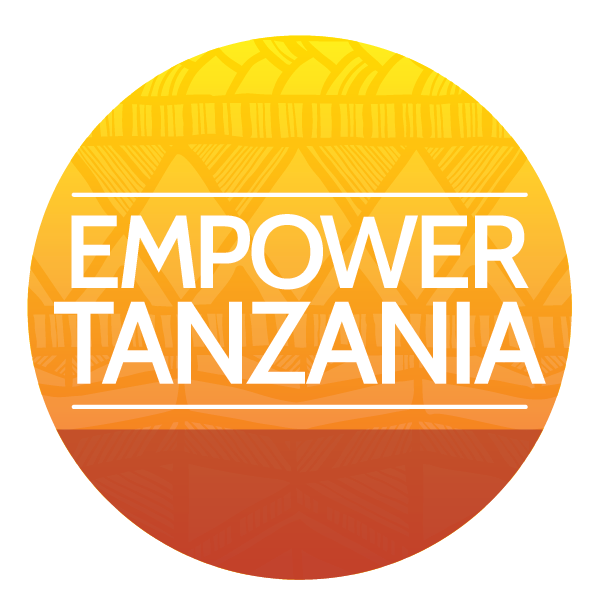Why Farming? A Letter from Elibariki Kisimbo
(Empower Tanzania is fundraising for an innovative farm project that you can read about HERE. Below is a letter from Empower Tanzania’s Country Director, Elibariki Kisimbo, world-renowned amaranth farmer and expert.)
Let me start by saying that my background is in agriculture and therefore I’m always excited when we talk about agriculture.
Agriculture is the main part of Tanzania’s economy. More than 70% of those living in Tanzania are involved in the farming sector. However, farming efficiently has been a challenge for farmers and the lack of farming education and financial resources for purchasing farming inputs has caused many people to remain subsistence farmers*.
Other challenges amid the farming industry in Tanzania include drought, a lack of agriculture technology, occasional flooding, and extreme temperatures. As a result of these challenges, there is much unemployment, hunger, malnutrition, starvation and disease.
On the six acres of the Kirinjiko Farm Plot, Empower Tanzania is working to address some of the challenges mentioned above. On this land, we plan to grow nutritional food and cash crop, train farmers, provide nutritional food to marginalized people, provide practical education to farmers on entrepreneurship skills, and emphasize environment conservation techniques and sustainable tree planting.
Ultimately, we wan to establish a “SMART CENTRE” for people to gather and learn. I first learned about the concept of a SMART Centre when I was in Mzuzu, Malawi for a SMART Symposium in 2018. SMART stand for: (S) Simple, (M) Market-based, (A) Affordable, (R) Repeatable/Replicable, (T) Technologies.
I believe a SMART Centre will accomplish much. It will generate income for the operation of the organization, making it sustainable. Ideally, we will be able to drill a deep borehole to ensure availability of water for horticultural crop production. Rainfall is not reliable (sometimes there is too much rain and other seasons there is no rain at all) and therefore I’m encouraged to focus on having a deep well at our farm for sustainability.
The SMART Centre will serve as a demonstration plot for farmers. We will teach green house development to ensure availability of the quality harvest throughout the year and “Integrated Farming,” a practice whereby various animals, such as dairy goats, sheep, rabbits, poultry, are kept along with planting crops.
I have many hopes for the SMART Centre. With a well and water containment system, we will have enough water to construct fishponds and raise tilapia. In addition to earning income from these fishponds, their presence will help in providing fish farming education to farmers. With the animals and livestock, we will have “bio-gas,” which will be used for cooking and producing light. In addition, the bio-slurry (the by-product from bio-gas) will be used as a fertilizer in the farm. Composting will also be practiced at the Kirinjiko farm for our farm plants, as well as for farmers to learn on how compost is made.
There are also marketing opportunities that come along with this farm plot. Since Kirinjiko is along the main road, it will be easy to access and the marketing of products will be seamless. Here, we will construct six market stalls. We will rent five stalls and Empower Tanzania will operate the sixth.
On top of all this, we have a dream of building our own Empower Tanzania offices at Kirinjiko so that we can save the money we are currently paying for office rent.
As you can see, we have a number of plans for the Kirinjiko farm plot and we hope that if all (or some) of these dreams come true, we will take our organization in a new level. I’m very confident that if Kirinjiko is developed, we will be able to also produce funds for the sustainability of our organization.
I have a lot to say about the Kirinjiko farm, but let me end here for now. Thank you for your interest and your support.
*[Subsistence farming: noun, (1) farming whose products are intended to provide for the basic needs of the farmer, with little surplus for marketing. (2) farming that brings little or no profit to the farmer, allowing only for a marginal livelihood.]
Please click HERE to support the Kirinjiko Farm Plot Project. Thank you!
